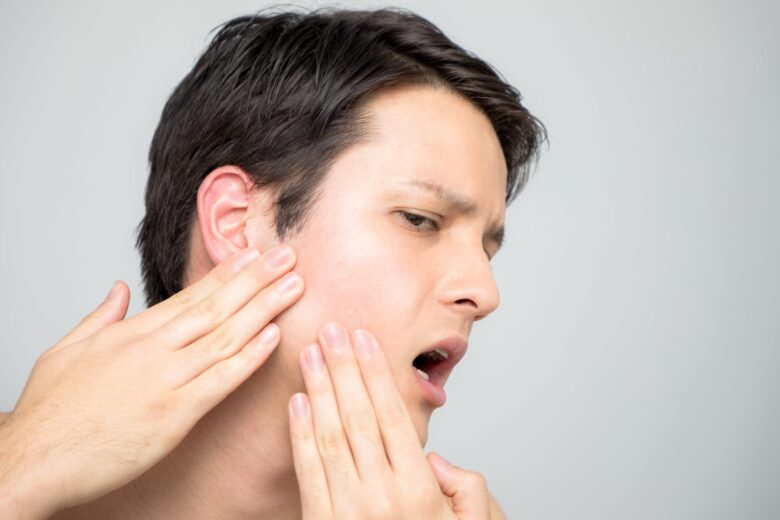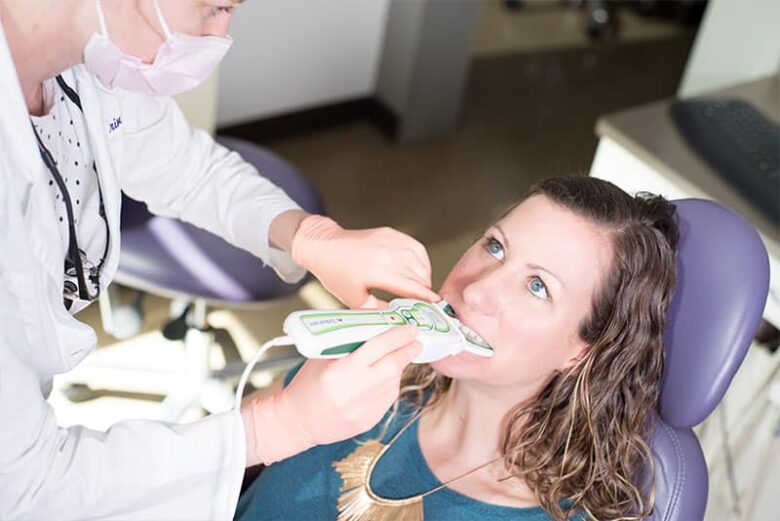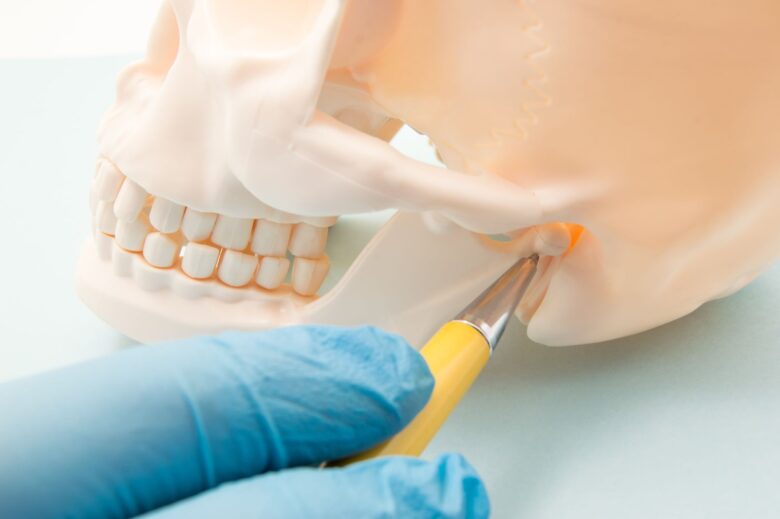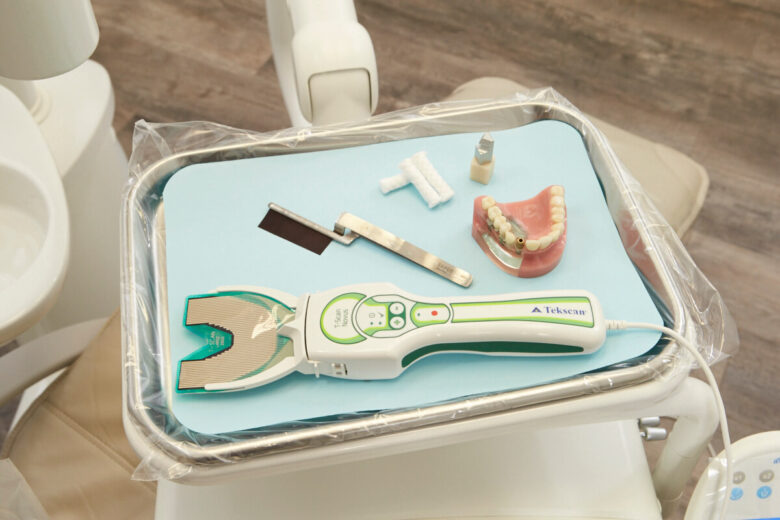Have you ever felt a clicking in your jaws while eating something or just yawning? Do you wake up at night with severe pain in your jaw? You are not the only one who faces this, and several other adults face the same problem with their jaw but don’t understand the reason behind it.
You must have heard the term TMJ or temporomandibular joint, the portion where the skull and the jaw bone connect. This is the joint that helps in opening and closing or rotating the mouth with ease. This, in combination with other muscles and ligaments, aids in talking, chewing, and yawning.
If somehow the TMJ gets hurt, it will become challenging for that person to chew, talk or do any simple thing with their jaw. This condition is termed temporomandibular joint dysfunction or disorder.
Once a person has been diagnosed with TMJ, it becomes necessary to get rid of it as soon as possible so that no further damage is caused. The DTR therapy is used to get rid of TMJ from the root itself so that the person can live their life comfortably.
DTR therapy or disclosure time reduction is a specific treatment that needs a T-scan in tandem with an EMG link to assess the force of occlusal concerning muscle activity.
Symptoms of TMJ disorder

There are various reasons for TMJ disorder. TMJ pain may happen by a misaligned bite, chronic teeth grinding, or any injury while playing sports. Sometimes patients who suffer from the chronic inflammatory disease may also face such issues.
No matter the source, TMJ disorder is mainly based on the symptoms that one goes through, which may differ from person to person. The dentist will take out your whole medical history to know better about how long you have been facing these symptoms. Some of the common symptoms include:
- Jaw joint pain or facial muscle pain. A person might experience some pain in the shoulders and neck, particularly when eating or talking.
- Dizziness, ringing in the ear, headaches, or ear pain.
- While opening or closing the jaw, a person may experience jaw popping or clicking jaw.
- Pain while biting or chewing food.
To diagnose TMJ disorder, the dentist will hear all your problems and will check the movement of your jaw. In clinics, they may use x-ray machines to check if there is an underlying reason for TMJ disorder. The tenderness and inflammation around the jaw bone are also reviewed.
Based on the check-up results and your concerns, the dentist will move further to the usual TMJ treatment choices. This can include the latest solution to TMJ disorder in DTR therapy.
What is DTR?

Some situations, like jaw popping or jaw clicking, can be fixed with the aid of a few simple home TMJ remedies. You can use over-the-counter pain killers and cold packs and go for a temporary soft food diet.
Patients who suffer mild TMJ disorder symptoms may experience relief from the symptoms after following these OTC medicines and the other instructions for weeks. Even after all these recommendations, there is no relief from the pain. There are other effective medical solutions for it.
Your dentist will work with you to improve the manner you apply bite pressure during DTR Therapy. The purpose is to correct uneven force applications and ensure that pressure is applied evenly during biting. Improvements over time can help you experience a better quality of life by alleviating TMJ issues, reducing wear and tear on individual teeth, and improving your overall health!
Go for the DTR therapy. The DTR treatment practices T-scan and EMG technology to measure the whole activity of a person’s bite. Everything like pressure, the movement of muscle, and timing are noted down. The advanced dental technology talks about the uneven pressure location and also aids in the removal of small bits of enamel to balance out.

Your dentist may offer TMJ treatment in the form of a specific appliance that you wear to relieve the pressure on your jaw in addition to working on your bite function. A tailored appliance can also be effective for preventing tooth damage from nightly teeth grinding.
The patients start to feel some difference just right after the first treatment from DTR dental treatment. Research studies show that those who opt for DTR treatment faces less painful symptoms like clicking jaw or jaw popping.
If you want your results to be better, then follow up on the scheduled appointments so that your dentist can keep up with your dental health progress.
Sometimes, the greatest way to improve a person’s biting function is to have some dental work done. On teeth that aren’t contributing adequately to your bite, dental crowns may be required. Malocclusion can cause significant biting issues, therefore you may need orthodontic treatment as well.
Using DTR treatment to treat TMJ disorder

Your jaw is the reason behind the strong foundation that provides you the ability to talk, eat, and do other functions. Meanwhile, the TMJ pain makes it painful to go on with your regular schedule. At friendly dentistry, you can gladly discuss your dental issues.
Talk to dentistry if you feel you have a biting problem or are experiencing symptoms that are commonly associated with TMJ problems. Our staff can discuss the various treatment options available to you, including DTR Therapy, with you. We are always ready to assist residents in and around Denver, CO in improving their oral health. If you’re ready to make an appointment, please contact our Denver, CO office.
DTR therapy is the latest treatment for TMJ disorder and is one of the best ways to get relief from the TMJ issue. So, go to your dentist or visit Wynkoop Dentistry and book an appointment now because as soon as you get rid of TMJ pain, you will get rid of further damage caused by it.
Bottom line
Now that you know of TMJ disorder and DTR dental treatment, you must have understood how important and valuable it is for a person to get DTR treatment. So, think no more and book your appointment and get rid of that pain in your jaw.


